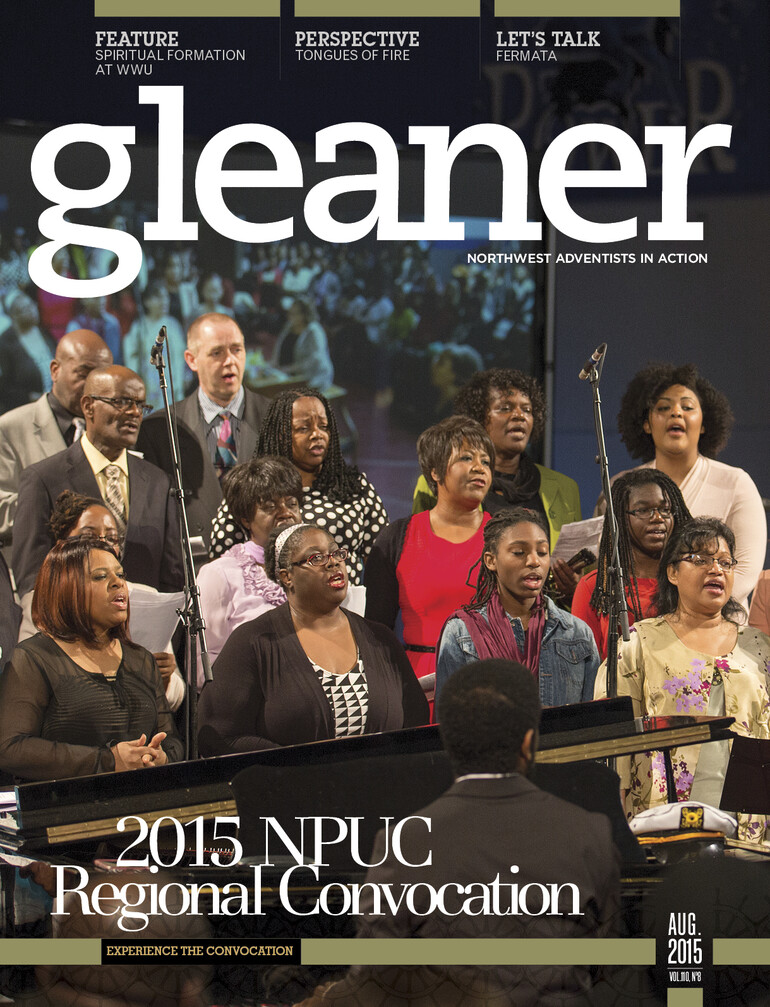By the time you read this, the General Conference Session in San Antonio will be history, and world church delegates will have voted on perhaps the most explosive Adventist issue of our lifetime. I’m referring, of course, to the ordination of women — whether to allow our 13 global divisions to decide within their own territories what is best regarding women in ministry.
So now, one way or another, the decision is sealed. Where do we go from here?
Anyone who thinks the official vote in San Antonio will bring happiness ever afterward for worldwide Adventism may be due for a rude awakening. I pray that some will not now launch a campaign to defrock local female church elders. These godly women have nobly and ably served their congregations for the past 40 years. In my opinion it would be cruel and unreasonable to rob them and our churches of their volunteer ministry.
That’s my conviction. You may love the Lord as much as I ever will, yet totally disagree. Even if our mindsets sincerely conflict, however, we can share the same heart of Jesus. God can help us move forward together to finish His work “with all humility and gentleness, with patience, bearing with one another in love, eager to maintain the unity of the Spirit in the bond of peace" (Eph. 4:2–3, ESV).
That won’t happen automatically. We must “seek peace and pursue it” (1 Peter 3:11).
So let’s talk about peace. What does it mean in practical terms? In a word, shalom.
Shalom in the Old Testament has a deeper, richer meaning than peace as we usually envision it. Christians often think more like Buddhists about peace than the ancient Hebrews saw it in Scripture. We view peace superficially and passively — the absence of negativity such as strife, guilt, shame and anger. By contrast, shalom in Scripture is positive, energetic and proactive, fulfilling God’s eternal purpose for this planet — and for our church.
Recently I read all 236 verses where shalom occurs in the Old Testament. It seems that shalom starts with one’s personal relationship with God and ripples ever outward in seven all-encompassing circles.
1) Personal Shalom with God
Shalom begins in the heart of each believer who discovers peace in God’s forgiveness and acceptance through Jesus. Unless we personally experience this peace, every attempt to share what we don’t know ourselves will be dysfunctional.
2) Shalom at Home
Personal peace does no good to the world if it stays under the pine tree in my backyard where I sit with my Bible, happy in Jesus as my “personal” Savior. Shalom calls me back into the house where I argued with my wife, compelling me to seek peace with my family. This might even require apologizing to the kids — and why not?
3) Shalom to the Church
Shalom extends beyond a peaceful home with biological kin to our faith family, so that we deeply care about our brothers and sisters with whom we worship — even if we interpret the weekly lesson study differently and have opposing convictions on worship styles (and who qualifies for ordination).
4) Shalom in the Marketplace and Classroom
Shalom is not satisfied with a weekly blessing at church. It ripples outward to the marketplace, so that we seek win-win business deals. For students, shalom goes beyond not cheating. They might take notes for classroom colleagues sick at home.
5) Shalom to the Whole World
Shalom extends past the marketplace and classroom to people we might rather not associate with. Even our enemies, Jesus insists.
6) Shalom to the Animals
Shalom in Scripture is so expansive that it goes beyond the human to the animal world. Ancient Jacob wanted shalom for the flock (see Gen. 37:14). We too should care about God’s nonhuman creatures, refusing to abuse them. This provides motivation beyond personal health to become vegetarians.
7) Shalom to the environment
Biblical peace extends even to inanimate creation: “peace for the seed,” so that the land will yield its produce (Zech. 8:12, literally translated). This biblical truth provides a connection point with unchurched neighbors concerned about the environment. Our creator God is “green” and expects us to be responsible stewards of this world, polluted as it is, even as we anticipate His Earth made new.
All of the above, and nothing less, Jesus envisioned when He pronounced, “Blessed are the shalom-makers, for they shall be called ‘children of God’” (Matt. 5:9).
Summarizing Shalom
Finally, let’s wrap up our study of shalom in the context of our concern about women’s ordination. For us — as individual believers as well as a global church community — to move forward in shalom will require a deeper experience of Jesus. He “Himself is our peace” (Eph. 2:14).










